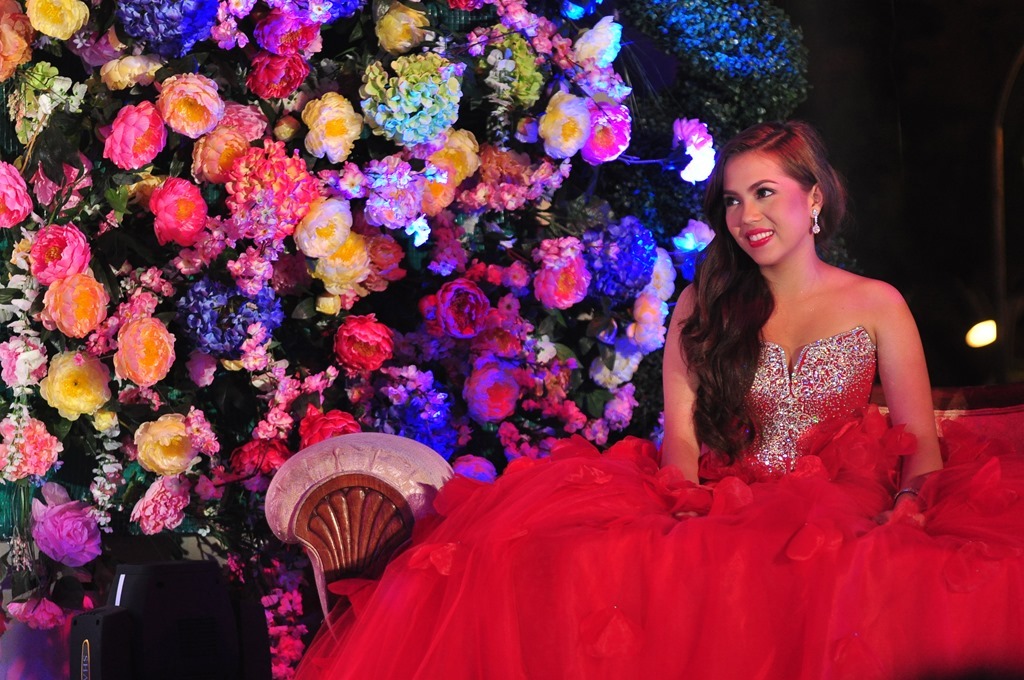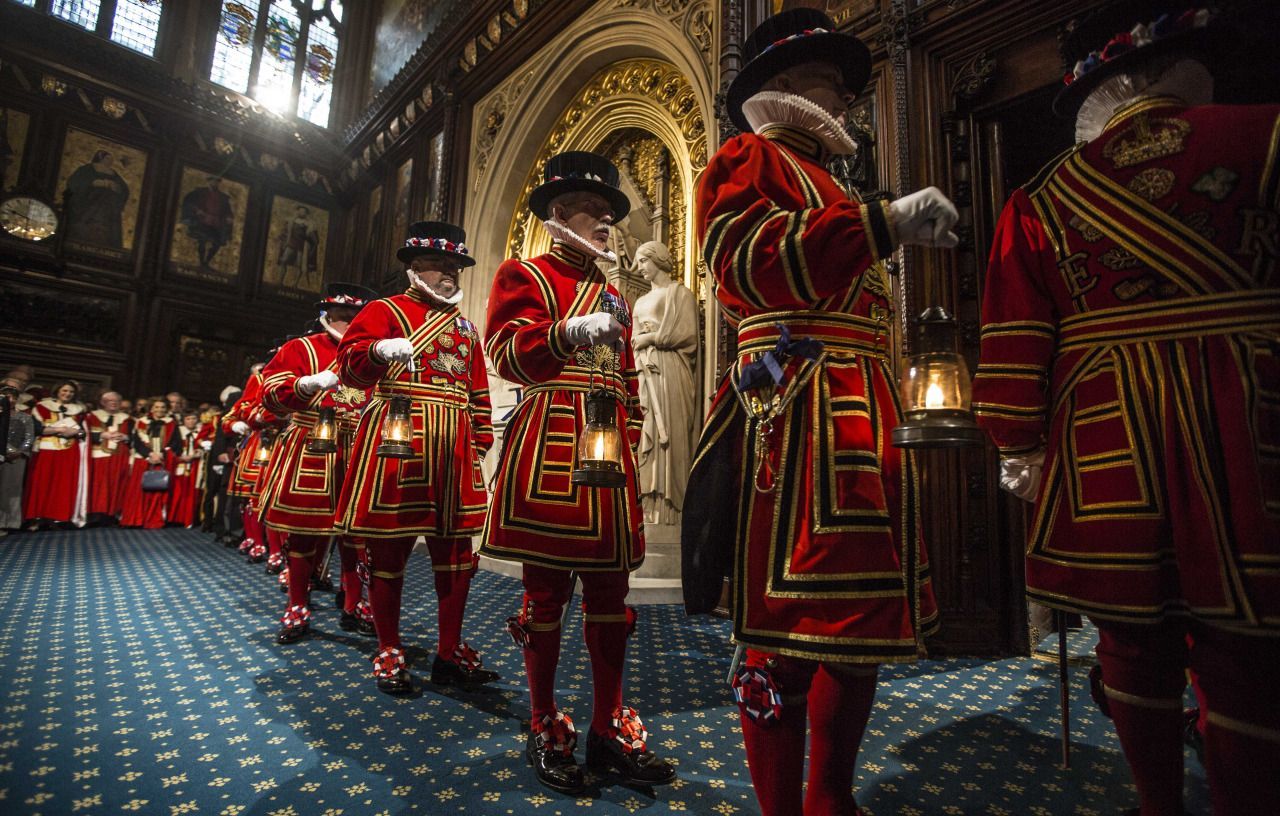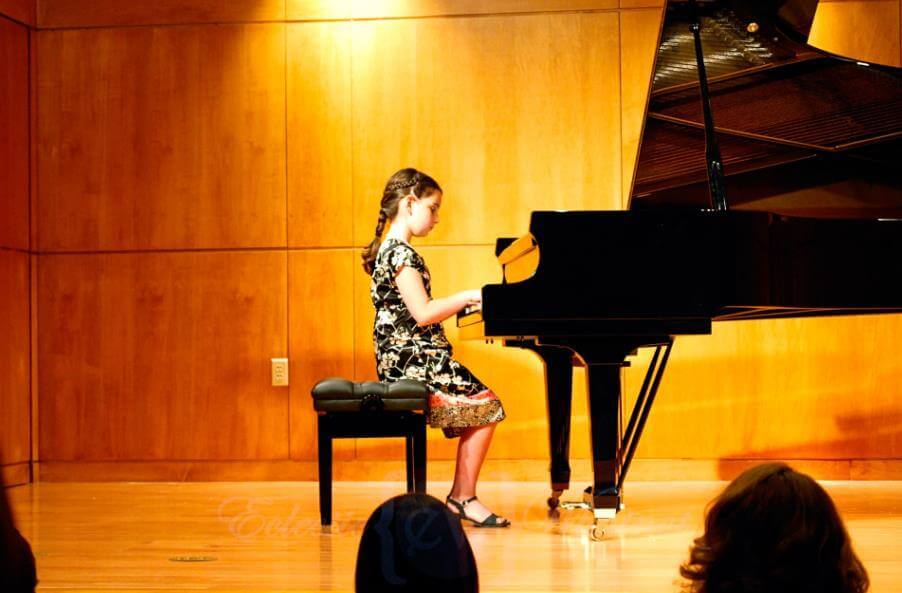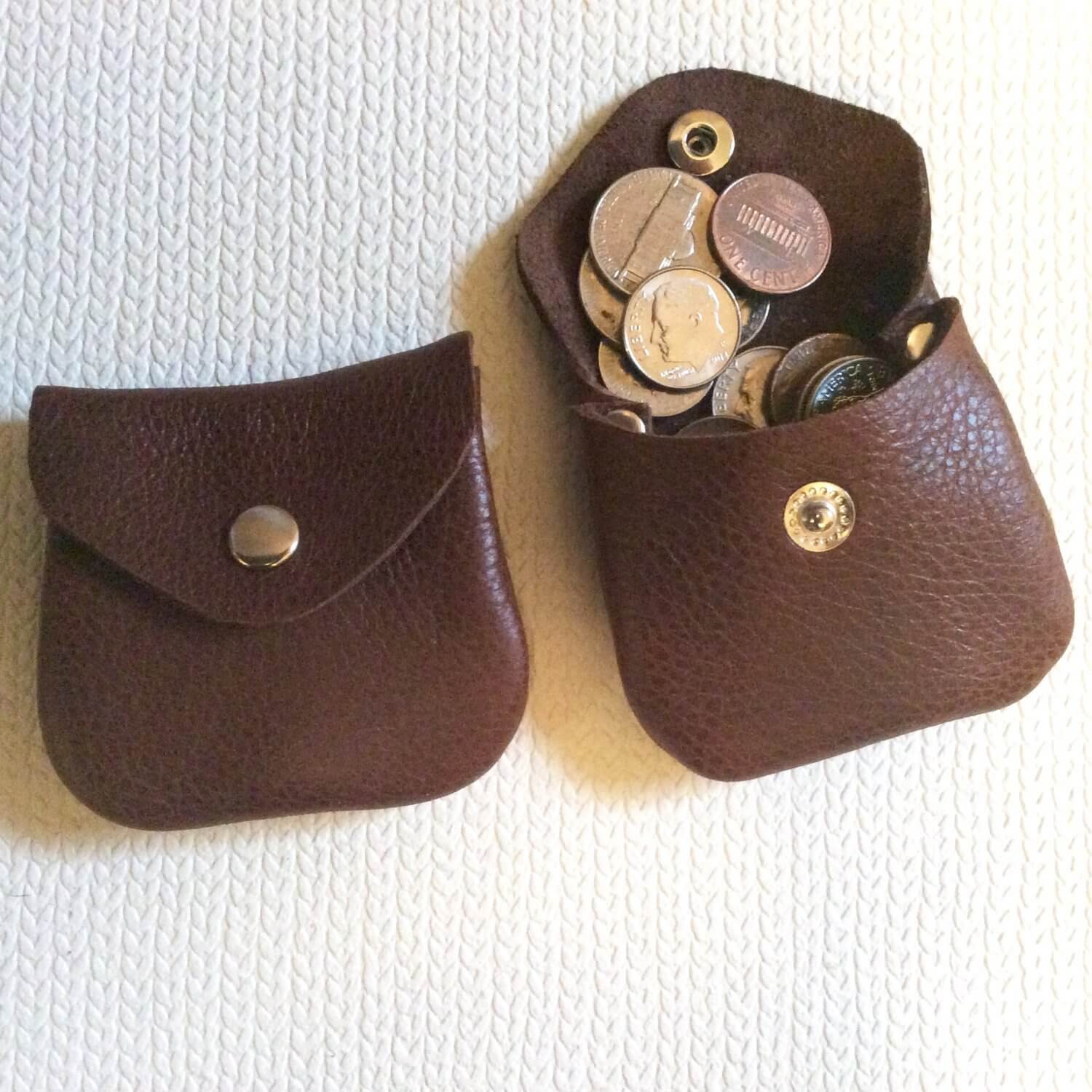chapter4.4--handout
Background Information
Wagon(四轮货车)
A week after I left Santa Barbara Tom ran into a wagon on the Ventura road one night, and ripped a front wheel off his car.(我离开圣巴巴拉一个星期以后,汤姆一天夜晚在凡图拉公路上与一辆货车相撞,把他车上的前轮撞掉了一只。)

四轮货车(wagon)是一种重型四轮车辆,用于运输货物、商品(commodities)、农产品、用品(supplies),有时也用于运送人。四轮运货马车通常由成对或组队的马、骡子或牛等动物拉。然而,也有人力推动的货车,比如采矿车(mining corfs).

四轮货车车体的转弯半径是一个长期存在的问题,由前轮和车座之间的距离决定,也就是旋转的车轮在转弯时与车体侧面相撞的位置。这也是货车驾驶时要特别注意的安全隐患。
Tom的汽车撞上了货车却也大伤,这里暗含作者想表达的20世纪20年代新旧观念的碰撞。
Sheik of Araby
通过引用作者所处的爵士时代的这首歌,暗示了19世纪末20世纪初歌曲集Tin Pan Alley的热门歌曲,以及电影The Sheik of Araby,其中好莱坞偶像Rudolph Valentino扮演异国情调的浪漫主角。因此,这首歌的歌词代表了盖茨比与黛西重新联系的浪漫计划,也就是将她引入盖茨比的豪宅附近,在那里重新点燃他们年轻的爱情。

当Nick和Miss Baker穿过公园时,听到小孩们唱"At night when you’re asleep, Into your tent I’ll creep"——就是在说,盖茨比希望“爬进”黛西的世界的帐篷,用他的财富和爱呼唤她。
Vocabulary
debut
n. 初次露面,初次表演,首次出场(the first public appearance)
原文:She had a debut after the Armistice, and in February she was presumably engaged to a man from New Orleans.
停战以后她参加了一次初进社交界的舞会,据说二月里她跟新奥尔良市来的一个人订了婚。
💧debut可以表示“处女秀”(the first appearance in public)或是“处女作”,比如:The group's debut album was immediately acclaimed a hip hop classic.
这个组合的首张专辑一经推出便被盛赞为嘻哈乐的经典之作。
💧这里的debut指富家名媛首次出现在社交场合,象征正式踏入社会(a formal entrance into society);此外,初次进入上流社会的名媛也叫作debutante.

pomp
n. 盛况,盛大的仪式(the use of a lot of ceremony, fine clothes, and decorations, especially on a special occasion)
原文:In June she married Tom Buchanan of Chicago, with more pomp and circumstance than Louisville ever knew before.
六月里她就跟芝加哥的汤姆·布坎农结了婚,婚礼之隆重豪华是路易斯维尔前所未闻的。
💧pomp and circumstance 是固定搭配,pomp和circumstance在这里都是指an impressive ceremony, 表示“豪华铺张,讲究排场”。比如:all the pomp and circumstance of a treaty signing 条约签署仪式的隆重场面(all表示强调)

Crush Your Problems
- You can hold your tongue, / and, moreover, / you can time / any little irregularity of your own / so that everybody else / is so blind / that they don’t see or care.
你可以少说话,而且稍稍有点越轨的小动作也没关系,你还可以自己选择时机;其他人都喝得酩酊大醉,要么看不见,要么不在意。
💧表达精讲
①hold one's tongue 指“保持沉默”(to remain silent), 也可以说hold one's peace;
②time 在这里作动词,表示“为……选择时机,安排时间”,比如:The meeting has been timed for three o’clock. 会议安排在3点钟开始。
③irregularity 字面上理解为“不符合常规的动作”(ir-作前缀表示否定),其实这里就是指“越轨行为”(比如作为已婚人士还和别人调情);
④blind 表示“视若无睹的”,比如turn a blind eye to就是“装作看不见”的意思。 - Perhaps Daisy never / went in for amour / at all — / and yet / there’s something in that voice of hers...
也许黛西从来不爱搞什么桃色事件——然而她那声音里却有点儿什么异样的地方……
💧表达精讲
①go in for 表示“爱好(某活动)”,比如:I didn't go in for poetry seriously, but now I'm beginning to take an interest in it.
我平时对诗歌很少研究,现在开始感到一点兴趣了。
②amour 注意不要看成armour(盔甲)了哦~ amour指“风流韵事,〔尤指〕偷情”,这个词文学性比较强,一般我们直接说love affair.
③and yet there's something in that voice of her... Jordan的话在这里戛然而止,或者是Nick把后面的内容省略了。提到Daisy的声音,大家有没有想起第一章里Nick在这方面描述了很多呢?
比如:"I’ve heard it said that Daisy’s murmur was only to make people lean toward her; an irrelevant criticism that made it no less charming." (Chapter 1.3) Daisy也许从未惹上绯闻,但她的声音却有种莫名的吸引力,让别人不自觉地向她靠近。再往下读我们会发现,不仅是Nick和Jordan,这把声音同样也使Tom和Gatsby深深着迷。 - Then / it had not been merely the stars / to which he had aspired / on that June night.
这么说来,六月里那个夜晚他所向往的不单单是天上的星斗了。
💧句式拆解
这句话可以还原为正常语序来理解:Then what he had aspired to on that June night had not been merely the stars.
💧表达精讲
aspire to sth 表示“渴望,有志于”,注意aspire是不及物动词,所以一定要加上介词to. “渴望做某事”就是aspire to do sth, 比如:At that time, all serious artists aspired to go to Rome.
那时,所有严肃的艺术家都渴望去罗马。 - He had waited five years / and bought a mansion / where he dispensed starlight to casual moths / — so that he could “come over” some afternoon / to a stranger’s garden.
他居然等了五年,又买了一座豪宅,在那里把星光施与来来往往的飞蛾——为的是在哪个下午他可以到一个陌生人的花园里"坐一坐"。
💧表达精讲
①where he dispensed starlight to casual moths, dispense...to... 表示“分发,提供”(=give out), 比如:Villagers dispensed tea to visitors.
村民们给来客送茶。
这里是隐喻(metaphor)的说法,并不是Gatsby在自己的豪宅把星光洒给过往的飞蛾,而是指他举办豪华派对供前来的宾客狂欢。moth在Chapter 3.1里出现过:In his blue gardens men and girls came and went like moths among the whisperings and the champagne and the stars.
②so that he could “come over” some afternoon to a stranger’s garden, come over 也就是drop in, 表示“顺便拜访”(to visit casually), 一般不是正式的或提前约好的;some afternoon “某个午后”,some在这里不是表示“一些”,而是“某个”(不知道确切哪个);a stranger's garden 在这里指Nick的花园。
这里"come over"加上双引号是暗示Gatsby并不只是想着某一天能够“顺便”拜访,他对这一切已经预谋计划了很久。 - Suddenly / I wasn’t thinking of Daisy and Gatsby any more, / but of this clean, hard, limited person, / who dealt in universal scepticism, / and who leaned back jauntily / just within the circle of my arm.
突然间,我想的已经不是黛西和盖茨比,而是这个清爽、健美、不太动脑筋的女孩,她对世间的一切都抱怀疑态度。她正洋洋得意地靠在我的臂弯里。
💧表达精讲
①but of this clean, hard, limited person, but后面省略了主谓(I was thinking);clean, hard, limited “清爽、健美、不太动脑筋”,这些都是Jordan身上和Daisy以及Gatsby不同的特质,因此对Nick产生了一种反差的吸引力;
②who dealt in universal scepticism, deal in在前面介绍过,表示“对……感兴趣”(to be interested or involved in sth); universal scepticism指“对一切都抱有怀疑态度”,universal表示present or occurring everywhere.
Content Analysis
Gatsby和Daisy当初相恋以及最终因为家庭的阻挠而被迫分开的故事终于被揭开,其中最令人惊讶的部分大概就是Daisy对Gatsby曾经也是痴恋至极的。1917年Gatsby作为服役士兵要被派往前线,当时的Dasiy已经收拾后行李准备去纽约给他送行,但却遭到阻拦,为此她和家里的关系还闹得非常僵。
(She was effectually prevented, but she wasn’t on speaking terms with her family for several weeks. — Chapter 4.3)
而此后她便冷静下来,振奋精神重新开始参加社交舞会,在认识Tom之后闪电般地结了婚。但这中间还有一个小插曲:婚礼的前夕她喝得烂醉,手上拿着一封(Gatsby寄来的)信;Daisy不仅撕心裂肺的痛哭,甚至还把Tom送给她的珍珠项链扔在垃圾桶里,大喊着要取消婚约。但最后还是婚礼照常,婚后她甚至对Tom出奇的依赖。两个人很快有了女儿,之后便举家四处游玩。
这一段非常揪心,但更多的是痛心,因为Daisy最后没有选择等Gatsby回来的原因非常简单:Gatsby和她门不当户不对,她需要的是金钱和地位带来的安全感,爱情只是附属品。而她和Tom之间的婚姻也不是靠爱情来维系的,所以实际上Jordan看到的她对Tom的依赖,其实来源于她的不安全感。Tom不是一个安分之辈,他一早就开始在外面和情妇幽会了——
💧Tom's been having affairs from early on, which Daisy is well-informed.
Evidence 1: The girl who was with him got into the papers, too, because her arm was broken — she was one of the chambermaids in the Santa Barbara Hotel.
跟他同车的姑娘也上了报,因为她的胳膊撞断了——她是圣巴巴拉饭店里的一个收拾房间的女佣人。
Tom发生车祸的事情登了报,同时还有一位姑娘,毫无疑问就是他的情妇了。这里Jordan没有直接说破,但已经不言自明了。当然Daisy也肯定知道了这件事情,而且当时才是他们新婚不久,孩子都还没出生。从Jordan的叙述里,我们不知道Daisy当时有什么反应,但至少他们并未因此分开。并且三年来,Daisy也一直试图装作毫不在意(可以回想一下Myrtle打来电话的时候她的反应)。
和Daisy的甘心维持一段充满裂痕的婚姻相比,Gatsby在感情的选择上更加勇敢和炽烈——
💧Clue 2: Daisy is all that Gatsby is passionate about.
Evidence 1: “I think he half expected her to wander into one of his parties, some night,” went on Jordan, “but she never did. Then he began asking people casually if they knew her, and I was the first one he found...”
"我想他大概指望哪天晚上她会翩然而至,光临他的一次宴会,"乔丹继续说,"但是她始终没有来过、后来他就开始有意无意地问人家是否认识她,而我是他找到的第一个人……"
Gatsby买下Daisy家对岸的豪宅,甚至没日没夜的一整个夏天都在举办派对,为的就是或许有一天Daisy会无意经过然后停下、目睹他现在拥有的这一切财富。
这其实也解释了为什么在前面的派对上,Gatsby总是让人感觉距离遥远,他从不参与客人们的狂欢,而且随时都在维持一种矜持得体的姿态,说话时也总小心拿捏。
("I’d got a strong impression that he was picking his words with care." — Chapter 3.2)
Gatsby之所以对周围的一切都如此冷淡提防,是因为他无时无刻不在想着Dasiy——这个给了他所有热切盼望的人。
Today's Bonus
💧mad 的习语
I thought I’d never seen a girl so mad about her husband. (我觉得我从来没见过一个女孩那么迷恋丈夫的。)
这里的mad about是说“非常热烈地喜欢某人或某事”,不过mad在很多场景中都表达了“生气和愤怒”哦,理解时也可以多注意联系上下文。今天我们来看看有关mad的习语吧~
生气的mad
- mad about
mad about也表示“因某事心烦意乱或生气”
例句:Is Luanne still mad about me missing her recital?
Luanne还在为我错过她的独奏会而生气吗?
- boiling mad
愤怒的;非常生气。这个短语指的是给人气得都"blood boiling"了
例句:John's views were so ignorant and narrow-minded that I was boiling mad after talking to him.
约翰的观点既愚昧又狭隘,我跟他谈了以后,气得要命。 - hopping mad over (something)
对某件事特别生气
例句:Mom was hopping mad over that dent I put in her brand-new car.
我把妈妈的新车撞了个凹痕,她气得跳脚。
- mad enough to chew nails
非常生气,好像能够咬穿金属钉。是“咬牙切齿”的极致版了~
例句:I am mad enough to chew nails! Who took my checkbook?
我气得要命!谁拿了我的支票簿? - (stark) raving mad
完全疯狂或古怪的;充满了过多的情绪,尤指愤怒或兴奋
例句: I know you'll probably think I'm raving mad, but I sold all my possessions and am moving to a small village in China.
我知道你可能会认为我疯了,但我卖掉了所有的财产,搬到了中国的一个小村庄。
不生气的mad - 原文的 mad about
非常热烈地喜欢某人或某事
例句:Ever since she started taking lessons as a kid, Amy has been mad about tennis.
自从Amy从孩提时代上网球课以来,她就对网球着了迷。
- tap-dance like mad
看起来一直很忙;为了分散某人的注意力,而迅速行动或巧妙地说话
例句:Any public official knows how to tap-dance like mad when the press gets too nosy.
任何一位政府官员都知道,当媒体变得过于多管闲事时,如何巧妙分散注意力。 - mad money
为应付紧急情况、意外开支或冲动购物而留存或储备的少量现金
例句:Whenever we travel, my wife and I keep a small purse of mad money with us just in case we find ourselves in a difficult situation.
每次旅行,我和妻子都会带一小袋零钱以防万一。
mad有时生气有时不生气,注意结合情境来理解哦,以免造成不必要的小尴尬~